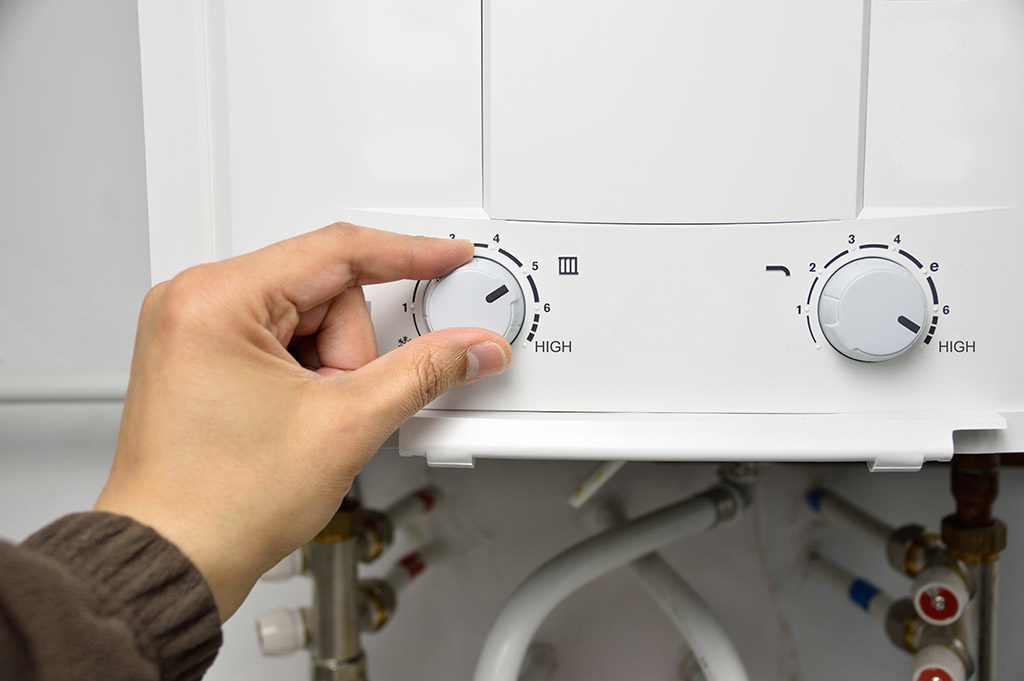Tackling the Usual Hot Water Heater Emergency Challenges
Tackling the Usual Hot Water Heater Emergency Challenges
Blog Article
This post in the next paragraphs pertaining to Is Your Water Heater Leaking? is really insightful. Don't miss out on it.

A hot water heater is just one of the most vital standard home appliances that can be located in a home. With water heaters, you don't need to experience the stress and anxiety of heating water manually each time there is a requirement to take a bath, wash, or the dishes. Nevertheless, there is always a possibility that your water heater would certainly act up similar to most mechanical devices.
It is essential to keep in mind any type of little malfunction as well as tackle it swiftly before points get out of hand. A lot of times, your water heater starts to malfunction when there is a build-up of sediments as a result of continual usage. As a precaution, periodic flushing of your water heater is recommended to avoid debris build-up and prevent functional failing.
Usual hot water heater emergency situations and exactly how to deal with them
Inadequate warm water
Handling a not enough supply of warm water can be frustrating. It may be that the hot water heater can not sustain the hot water demand for your house. To handle this issue, you might try to change your heater's temperature dial as well as wait on a few minutes. If the problem lingers, you can request the help of an expert plumber. You might update your water heating system to one with a bigger capability.
Changing water temperature.
Your water heater might start producing water of various temperatures generally ice hot or cold hot. There may be a requirement to change either the home heating or the thermostat system of your water heater.
Leaky water heater storage tank.
In this circumstance, you should transform off your water heating unit, permit it to cool down, and also meticulously look for the source of the issue. At times, all you require to do is to tighten a few screws or pipeline links in situations of small leaks. If this doesn't function and the leakage lingers, you could require to employ the services of a specialist for an appropriate replacement.
Blemished or stinky water
When this occurs, you require to know if the concern is from the container or the water source. If there is no funny smell when you run cool water, then you are particular that it is your water heating unit that is malfunctioning. The stinky water can be created by rust or the build-up of microorganisms or sediments in the water heating unit container.
Conclusion
Some property owners disregard little caution and also minor faults in their water heater system. This just brings about more damages and a possible complete break down of your home appliance. You must take care of your hot water heater mistakes as soon as they come near avoid more expenses as well as unnecessary emergency problems.
With water heaters, you don't need to go via the stress of heating water by hand every time there is a requirement to take a bath, do the laundry, or the dishes. It may be that the water heater can't sustain the hot water need for your apartment. Your water heating system might start generating water of different temperature levels normally ice hot or chilly warm. If there is no amusing scent when you run cold water, after that you are certain that it is your water heating system that is faulty. The smelly water can be caused by rust or the build-up of microorganisms or sediments in the water heating unit storage tank.
Common Water Heater Issues and What You Should Do
What Type of Water Heater Do You Have?
Before we begin it’s first important that you identify the type of water heater you have on your property. There are two main types of water heaters out there: conventional and high efficiency.
Both of these types of products typically use either gas or electricity to heat power. There are also solar water heaters that use a thermal collector on the roof or yard to heat the water.
While these models are not as common, they can cut heating costs in half. In this article, we will focus on conventional and high efficiency.
How Do My Electric and Gas Water Heater Work?
Though they look similar, electric and gas water heaters work very differently. It’s important to know their basic function because often problems can be specific to the heating source.
In the electric model, a thermostat on the side of the machine detects the temperature of the water in the tank. When the temperature needs to rise electricity flows to a heating element suspended in the water.
Gas models also use a thermostat device — typically with a mercury sensor at the tip and an additional sensor called a thermocouple. The thermocouple detects whether the pilot light is on and controls the flow of gas.
When the thermostat drops below the appropriate level gas is released which becomes ignited by the pilot light. The flame heats the bottom of the water tank which causes hot water to rise and cold water to drop.
This natural circulation continues until the water reaches the desired temperature. Then, the thermostat triggers the gas control valve to shut off the flow of gas.
What Are the Most Common Issues and How Do You Fix Them?
https://happyhiller.com/blog/common-water-heater-issues-and-what-you-should-do/

As an enthusiastic reader about Common Hot Water Heater Problems, I imagined sharing that excerpt was a good idea. Sharing is caring. Helping people is fun. Thanks a lot for your time spent reading it.
Trusted by locals for emergencies. Report this page